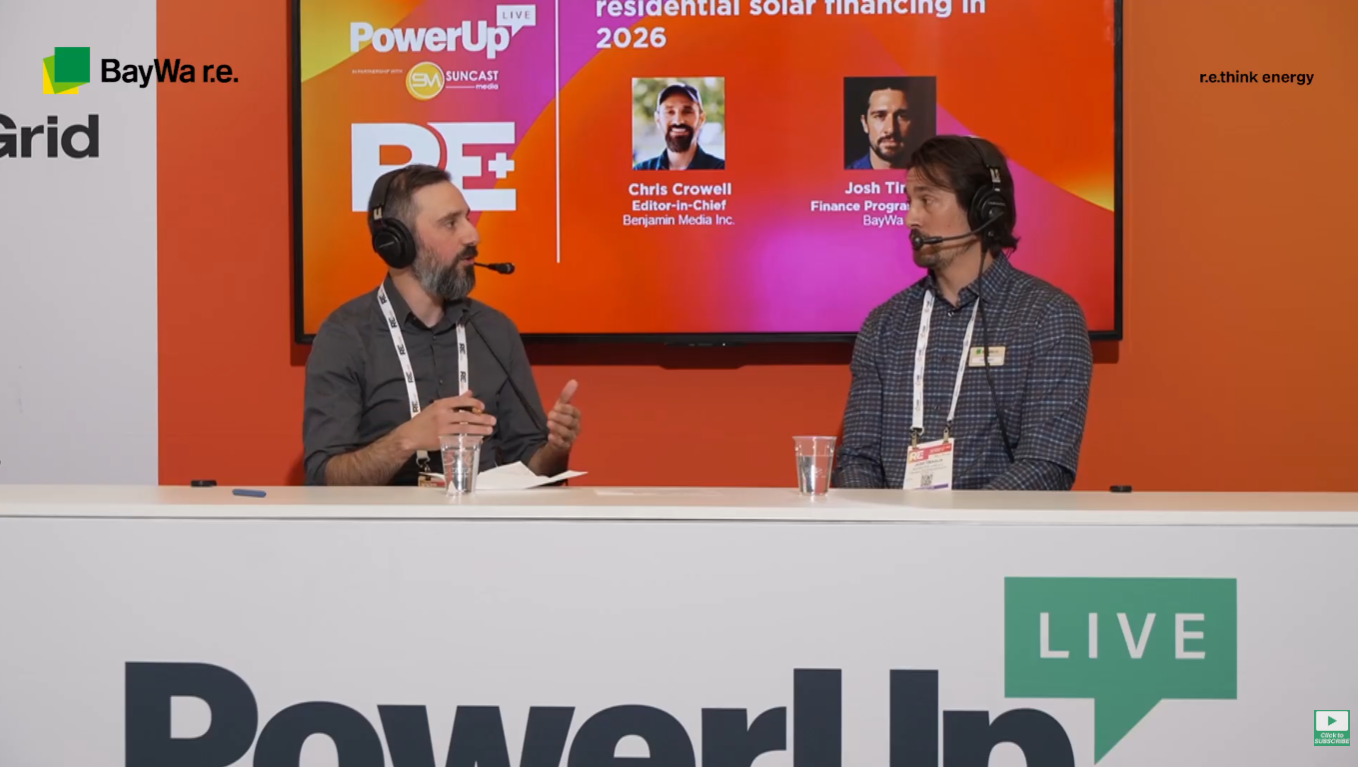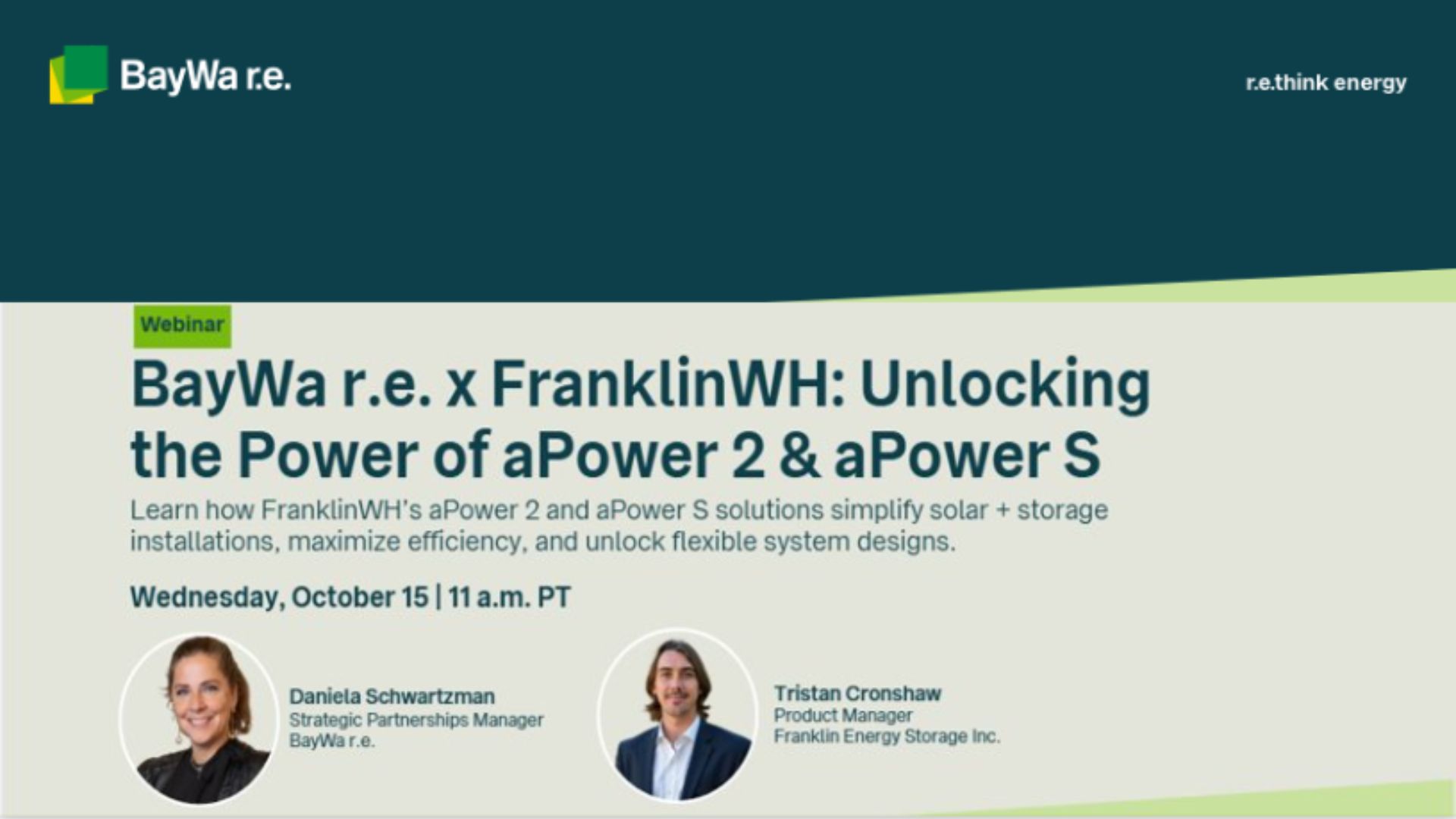 Boaz Soifer – Photo, Tom Miller
Boaz Soifer – Photo, Tom Miller
As market complexity continues to increase and our customers look for the right trends and adaptations to pursue, I want to share our thoughts on one important issue we are tracking: the apparent bifurcation of sales and installation in residential solar, at least in certain segments of the market.
There seems to be an ever-increasing list of “solar origination” companies who generate sales, which they typically then sell as contracted deals to installation companies. It’s hard to say if this is going to continue indefinitely, but a few factors indicate it may be here to stay.
Solar companies who previously told us they would never consider outsourcing sales are now more often saying things like, “It’s challenging to be great at sales, marketing, and installation, and grow the business. If I stop expending resources on sales and marketing, I’m positive I can drive up my labor utilization and increase my profits.”
By removing high customer acquisition costs from their income statements, and even reducing sales and marketing headcount, such installers are pivoting towards what they believe will make their business most profitable.
That said, there is ample industry buzz about the problems with outsourced deal origination, from the problematic to the downright alarming (there’s a good blog post on this topic from Run on Sun.)
Contract cancellation rates have become a hot KPI as the origination-only approach blossoms. Some companies have informally reported cancellation rates over 50%, which appear anecdotally to be connected to hard-sell/one-stop-close sales methods. Obviously a high cancellation rate also drives up customer acquisition costs, causes mistrust of solar sales efforts, and generally creates mid-term headwinds for industry growth.
In my experience, cancellation and other indicators of a low-quality customer experience result from the failure to set and fulfill accurate expectations about system cost, scope of work, time to fulfill, and financial benefits. Even a company that integrates sales and installation struggles with these issues – when sales and installation are sourced from separate entities, the gaps can become chasms, and the customer experience can suffer greatly.
My conclusion (and unsolicited advice) about this topic is that the separation of sales and installation is not inherently “bad,” but it does have significant ramifications. Companies need to know what they want to be great at. If you want to provide the highest quality experience for your customer from first contact through O&M, you probably want to own the messaging throughout and keep origination under your roof (though you may still be comfortable relying on a third-party, such as a quality online marketplace, of which there are several, for leads.) If you want to be great at installation efficiency, you may be okay with taking off the sales & marketing hat altogether. But for the success of your pipeline and the industry, you must work with origination partners that understand the importance of a healthy customer experience, and engage with your origination partners to achieve this. Some ways to do this are:
- Seek out origination partners that talk about consumer choice and transparency rather than hard close tactics
- Have your origination partner use standard proposals, scripts, and selling methods that you create or approve
- Have regular lessons-learned meetings with your origination partner to go over cancellation rates, customer reviews, and other key metrics
- Use transparent, proactive project management methods to keep customers apprised of scope, time, and cost
- Solicit feedback from customers about how their experience – in particular the hand-off from sales to fulfillment – felt to them
And lastly, a word to the wise: if you outsource origination, be aware that some origination companies may not have your long-term well being in mind either. Some of the issues that come up are:
- An origination company may be planning to become an installer once a market is developed or proven using your labor. In some cases, originators have even failed to pay installers for work performed when they make this transition (this is based on a story from an installer I recently visited in the southwest US.)
- An origination company may use its base of sold customers to generate referrals that produce installation volume for other contractors – not you. See if there’s room in the negotiation with an originator for you to benefit long-term from doing a great job for a customer by having first right of refusal on referred jobs, or the exclusive right to pursue referrals from your installations.
To quote (or possibly paraphrase – I wasn’t there when he said it) Heraclitus, “Change is the only constant in life.” That is especially so in the renewable energy industry, in which complexity appears to be increasing exponentially. With each new twist we need to find the balance between embracing change and holding ourselves to a high standard of accountability and quality, to ensure our collective continued growth and health.




